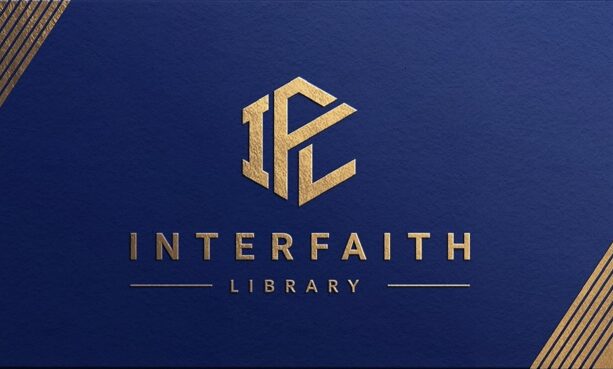
Firstly, let’s get an understanding of both groups.
THE ILLUMINATI
The Illuminati (plural of Latin illuminatus, ‘enlightened’) is a name given to several groups, both real and fictitious. Historically, the name usually refers to the Bavarian Illuminati, an Enlightenment-era secret society founded on 1 May 1776 in Bavaria, today part of Germany. The society’s goals were to oppose superstition, obscurantism, religious influence over public life, and abuses of state power. “The order of the day,” they wrote in their general statutes, “is to put an end to the machinations of the purveyors of injustice, to control them without dominating them.” The Illuminati—along with Freemasonry and other secret societies—were outlawed through edict by Charles Theodore, Elector of Bavaria with the encouragement of the Catholic Church, in 1784, 1785, 1787, and 1790. In the following several years, the group was vilified by conservative and religious critics who claimed that they continued underground and were responsible for the French Revolution.
Many influential intellectuals and progressive politicians counted themselves as members, including Ferdinand of Brunswick and the diplomat Franz Xaver von Zwackh, who was the Order’s second-in-command. It attracted literary men such as Johann Wolfgang von Goethe and Johann Gottfried Herder and the reigning Duke of Gotha and of Weimar.
In subsequent use, “Illuminati” has referred to various organisations which have claimed or have been claimed to be connected to the original Bavarian Illuminati or similar secret societies, though these links have been unsubstantiated. These organisations have often been alleged to conspire to control world affairs, by masterminding events and planting agents in government and corporations, in order to gain political power and influence and to establish a New World Order. Central to some of the more widely known and elaborate conspiracy theories, the Illuminati have been depicted as lurking in the shadows and pulling the strings and levers of power in dozens of novels, films, television shows, comics, video games, and music videos.
FREEMASONRY

Freemasonry or Masonry consists of fraternal organisations that trace their origins to the local fraternities of stonemasons that from the end of the fourteenth century regulated the qualifications of stonemasons and their interaction with authorities and clients.
Modern Freemasonry broadly consists of two main recognition groups.
- Regular Freemasonry insists that a volume of scripture be open in a working lodge, that every member profess belief in a Supreme Being, that no women be admitted (although, in some jurisdictions, those who transition to women after being initiated may stay; see below), and that the discussion of religion and politics be banned.
- Continental Freemasonry is now the general term for the jurisdictions which have removed some, or all, of these restrictions.
Freemasonry has been the subject of numerous conspiracy theories throughout the years.[1]
The basic, local organisational unit of Freemasonry is the Lodge. These private Lodges are usually supervised at the regional level (usually coterminous with either a state, province, or national border) by a Grand Lodge or Grand Orient. There is no international, worldwide Grand Lodge that supervises all of Freemasonry; each Grand Lodge is independent, and they do not necessarily recognise each other as being legitimate.
The degrees of Freemasonry retain the three grades of medieval craft guilds, those of Apprentice, Journeyman or fellow (now called Fellowcraft), and Master Mason. The candidate of these three degrees is progressively taught the meanings of the symbols of Freemasonry, and entrusted with grips, signs and words to signify to other members that he has been so initiated. The degrees are part allegorical morality play and part lecture. Three degrees are offered by Craft (or Blue Lodge) Freemasonry, and members of any of these degrees are known as Freemasons or Masons. There are additional degrees, which vary with locality and jurisdiction, and are usually administered by their own bodies (separate from those who administer the Craft degrees).
The Prophet of Islam (i.e. Prophet Muhammad) foretold about their existences and the influences that both groups would have on the world.
